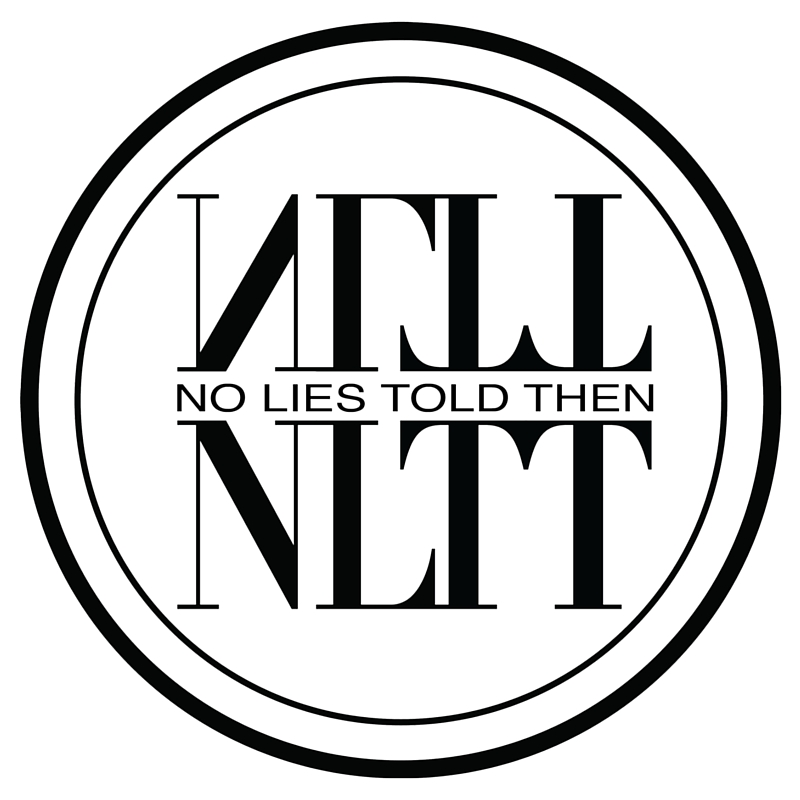When Torri R. Oats conceived “No Lies Told Then”, there was no question who was on her mind and in her heart - black women. She didn’t have to look far, as a black woman she personally understood the frustration of not seeing many faces and stories like her own on her screen. Not only were black protagonists lacking in film and television, black female storytellers weren’t getting the opportunities to serve the people with stories that showcase diversity and the fullness of the experience of people of colour.
One can’t help noticing the severe shortage of black stories and black female driven projects, and also how necessary they are. We need them because they will give a clearer picture of who we are and just how powerful this underserved market is. Black female driven projects can shatter biases and perhaps answer the pressing questions we have about how we’re portrayed.
How come in America, where African-American women isthe most educated group, we still have so few educated black women depicted on our screens? When an educated black womanis depicted – she becomes almost magical and not like she’s one in a wider group of girls just like her. There’s no doubt that we can blame television and film for its part in perpetuating this.
In a rousing speech at Glamour’s Women of the Year awards, Reese Witherspoon voiced the need for female driven projects. Her hope, shared by other women in the room is that female driven projects become the norm and something that those at the top of the Hollywood food chain seek, and not something they have to be convinced to do.
If there are few opportunities for female driven projects imagine how much harder we have to work for the chance for more BLACK female driven projects. Not only do we have to overcome the bias against female protagonists, writers, directors, actresses and stories - the added load on our backs is the bias Hollywood has against our race. This is not to say that the cause is an impossible one, because strides have been made in the last 3 years - the point here is we need to keep reminding ourselves and others of “black female driven” as much as we think about “female driven”. In a way, the two need each other in the same way feminism works best when it crosses racial lines.

